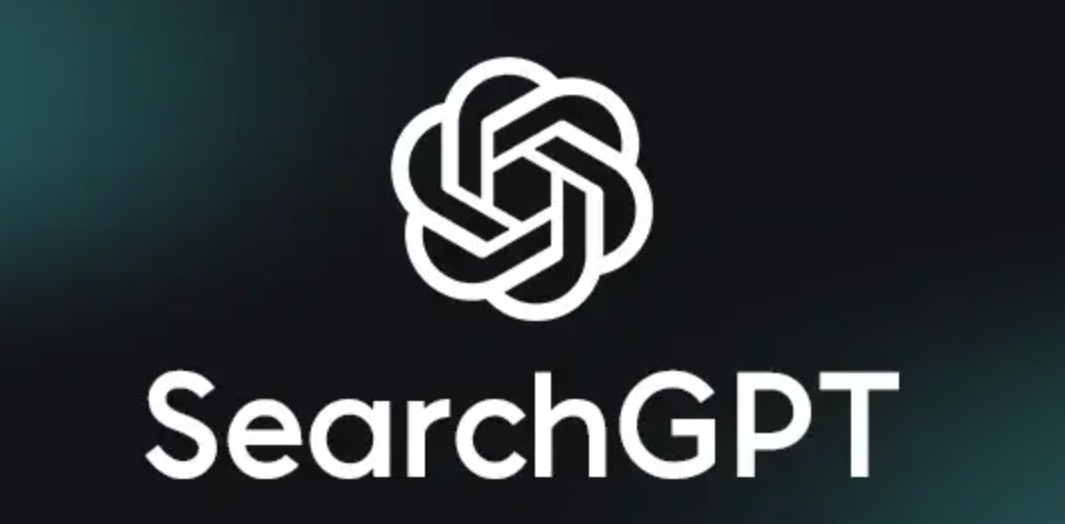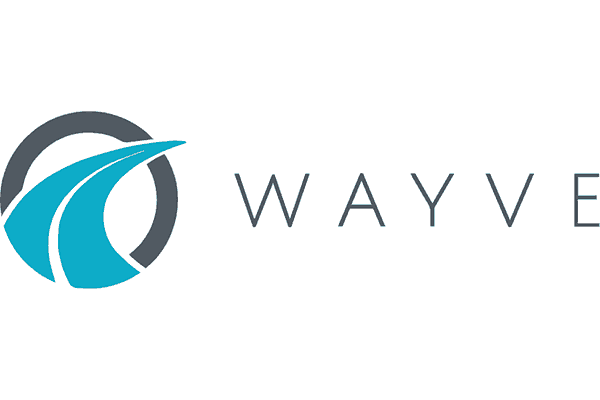Google on the back foot.
- Open AI has launched a competitor to Google which performs reasonably well in a strong indication that the barriers to entry in the search business are continuing to fall, putting increasing pressure on Google to convince users why they should still use it.
- SearchGPT is a new service from Open AI that greatly improves its search capability, addressing one of the key shortcomings of all LLM-based services which is their inability to deliver up-to-the-minute search results.
- Early tests of the service indicate that it is pretty good for a high-level inquiry, but for in-depth research, one is still better off using Google.
- This is not my experience as I have found on numerous occasions that upstart Perplexity does a better job of researching very obscure data although when it comes to overall accuracy, Google does not make mistakes and Perplexity does reasonably often.
- For 20 years Google has had a huge moat when it comes to search with both the best service and the vast majority of users, and this is the first credible attack on this position I have seen.
- SearchGPT is made up of a fine-tuned (for search) version of GPT-4o with a series of search partners and media sources which provide the data that the GPT-4o (search version) then assembles into the desired answer.
- In simple terms, this is a series of search algorithms and data sources orchestrating the search which an LLM then cobbles together to produce the product.
- This is pretty much a copy-paste of Perplexity which is both an endorsement of how Perplexity has implemented its product but also a big threat to Perplexity itself.
- Open AI has something that none of its competitors has (except Google) which is global name recognition and this could mean that if SearchGPT ends up being as good as Perplexity, it could greatly undermine its outlook.
- However, SearchGPT is only available to paying members and that means that for a few months, it will have no impact on the search market.
- Whichever way this goes, it will take many years for any competitor to Google to take its market leadership which gives Google plenty of time to get its house in order.
- Google has all of the assets required to do this as Open AI’s LLMs are no longer much better than anyone else’s and Google has 25 years of experience in search compared to Open AI’s 0 years.
- Hence, the balance of probability suggests that Google will see off this threat, but there is no doubt that generative AI has enabled unprecedented competition.
- If Google suffers a bout of underperformance as a result of SearchGPT grabbing the headlines, then an opportunity may open up in Alphabet stock but at 21x 2024 PER, I think that there are better options available.










Blog Comments
Andrew
November 6, 2024 at 11:09 pm
[disclosure: I work for Microsoft, though not in a search or Copilot-related area, so this is just me being curious as an individual]
I’m surprised Bing integration with Copilot wasn’t referenced. It seems to me that what OpenAI is doing is what Copilot already can do with Bing. Given that there are a lot of Windows sockets, it seems like Bing/Copilot would also be a credible challenger if Search GPT is. Wondering if you see it differently?
RICHARD WINDSOR
November 7, 2024 at 5:27 pm
Your comment is a fair one. I have used CoPilot with Bing many times and found it to be inferior to Google by a wide margin. perhaps ist time to have another look..